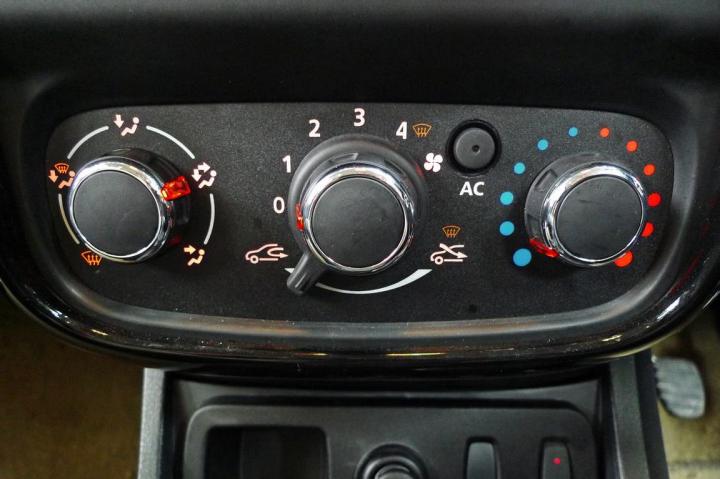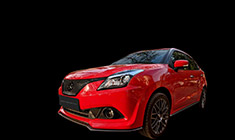News
Puzzling AC issue on a Renault Duster: Cooling stops after 50 km/h
The air conditioning works fine at idle and speeds up to 50 km/h but above that, the compressor cuts off leaving only the blower running.
BHPian sj@8535 recently shared this with other enthusiasts.
Hello members,
I am writing this post on behalf of my friend who is facing a strange and irritating issue with his Duster. The model in concern is the 85 PS 2015 (old model).
The issue that my friend is facing is regarding the air conditioning system in his car.
The AC works fine with the compressor engaged at idle and while driving at speeds of up to 50 kmph, at any higher speed the compressor would cut off and AC stops cooling completely, left only with the blower.
Have visited multiple workshops and no one has an explanation for this occurrence. During the last visit, the compressor was serviced, still no change in the situation.
Key points
- AC works fine at idle and speeds upto 50 kmph
- At speeds over 50 kmph the compressor cuts off, leaving only the blower running
- Rpm does not play a role in this, compressor works fine even at 50 kmph in second gear
- Compressor restarts when we slow down from a higher speed to less than 50 kmph
- AC output is very good once the compressor works
- No increase in engine temperature above optimum, electric fan works fine
Can anybody give your valuable opinion regarding this strange and irritating issue?
Thank you.
Here's what BHPian SS-Traveller had to say about the matter:
I would:
- Check the cooling fan in the engine bay
- Check the refrigerant pressure, both high and low
- Wash the radiator + condenser externally
- Check if the compressor clutch operation is fine
- Check if the cooling coil is clean, and if icing is happening there
AC compressors often cut out when the car begins to overheat, without the temperature needle actually climbing up noticeably (choked radiator + condenser). Or the cooling coil inside the dashboard is dirty and tends to ice up quickly, cutting out the compressor.
The compressor is not likely to cut out exactly when 50 km/h is reached, but a minute or two after running at that speed. Please confirm.
Here's what BHPian Jaggu had to say about the matter:
Indeed a very puzzling issue, why don't they disconnect the speedo sensor and see what happens? If this is related to speed the only input is from the speed sensor, right?
Since RPM is not related to the issue, the compressor was serviced and gas also topped up during this?
Here's what BHPian kosjam had to say about the matter:
Check the belt tension of the belt driving the AC compressor. As the engine RPM goes beyond a limit, the belt seems to be slipping. In lower gears, the vehicle rpm does not go above this slipping rpm long enough to be able to feel this, but above 50 kph, the rpm might be consistently above the slippage rpm to be able to feel it.
Here's what BHPian Jeroen had to say about the matter:
It is a strange issue. There are a couple of things why an AC could be influenced by speed. The most likely one is that at speed a larger volume of air is pushed through the system, requiring higher cooling capacity. If the system is relatively low on refrigerant it might stop. Alternatively, a clogged condenser or evaporator can cause icing, which also results in no cooling.
The items mentioned by SS Traveller must be checked. Low refrigerant is a real possibility. With the engine idling it might work fine, but higher air flows might cause the problems.
An indication might be how quickly the compressor is cycling on/off. On car AC every 10-20 seconds is not unusual, but anything more often is an indication of the system being low on refrigerant. Try the system with the engine running at idle and the blower fan on max for a couple of minutes. Keep the doors open to allow maximum airflow. If the AC stops, you have found the cause!
Do get the pressure readings taken too. Another suspect could be a wonky expansion valve.
Good luck, let us know what you find.
Check out BHPian comments for more insights and information.














.jpg)




